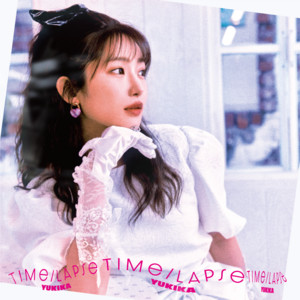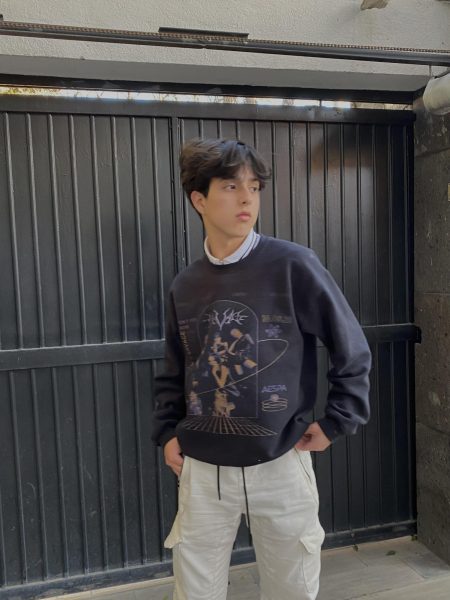Neon colors and twinkling city lights paint an all-too-alluring, retro-futuristic urban scene; and the internet just can’t get enough of it. City pop is a niche genre of Japanese-originated, east Asian urban pop music from the late 20th century characterized by funky synths, saxophones, horns and dreamy muted piano chords.
Through its nostalgic bass that just somehow exudes a more vibrantly escapist aesthetic than any Western music of the ’80s, city pop, under the musical talents of the revered late Miki Matsubara, dominated TikTok sound spheres in early 2022.
But the internet phenomenon would be more accurately traced back to 2019 when Korean-based Japanese singer Yukika Teramoto–known artistically as Yukika–released her debut single, “NEON,” captivating a niche yet incredibly enthralled international audience across many corners of the internet.
After three years of single-handedly representing city pop in the K-Pop industry, Yukika has announced her retirement from the music scene with the release of her last mini-album. Released on Dec. 1, the mini album endearingly stayed true to Yukika’s signature city pop sound by honoring four traditional city pop classics of the late 1900s–thus giving it the name, “Time-Lapse.”
Sandwiched between two saxophone-heavy, original instrumental tracks composed by REQ in collaboration with Yukika, the four remakes act as a thank you letter to the artists who have so strongly inspired her music career.
Directly following the instrumental intro track, “How to Love,” is a remake of NAMI’s 1992 hit, “I Want to be closer to you.” The track asserted that, despite the nostalgically familiar melodies, Yukika would approach each song with a reimagined, modern production. “I want to be closer to you,” retains most elements of the original instrumentation while subtly replacing saxophone lines with boosted synths and a faster tempo.
Perhaps the most recognizable track was “Remember Summer Days,” originally released by global Japanese city pop icon, Anri in 1983. The song notably features Korean lyrics and a completely new introduction, replacing many of the original song’s background elements of funk with sounds more reminiscent of contemporary synthwave R&B. Though a truly original saxophone solo before the final chorus would have elevated the album, the reimagined production makes it sound as good as new.
The album takes a soft turn with a shortened version of Jang Pil Soon’s 1989 release, “A bit more.” A synthesized pan flute takes a refreshing and more relaxed approach to the saxophone solo of the original song–emphasizing Yukika’s stylized softness.
Before closing the album off with the outro track, “Night in Memories,” Yukika delivers her most original-sounding remake with Junko Ohashi’s “Telephone Number.” With entrancing, howling vocals almost reminiscent of her sophomore single, “Cherries Jubilees,” and by replacing the original saxophone with an interlude of instrumentals and vocals, Yukika truly makes “Telephone Number” her own.
The production and instrumentation of “Night in Memories” is much more dedicated to a truly 80’s city pop sound than the intro, offering her last sense of appreciation for the genre she’s upheld throughout her career.
Though modernized, the production of each track does pay rightful respects to the original jazz influence of city pop. The repeated release of every song’s unsung instrumental track emphasizes this.
Yukika led a Korean idol career that was truly unique, having debuted as a Japanese singer in her mid-twenties with an unpopular, out-dated style of music. Her continued undying dedication to the city pop sound, is like no other modern attempt to revive city pop. Though short-lived, her career will live on as a record of one of K-Pop’s most unconventionally beloved soloists.
Bidding farewell to arguably the most influential figure of modern city pop, Yukika has cemented this album and her career as a whole, as a time lapse of nostalgia, experimentation, and vibrance.
Good-bye, Yukika.









